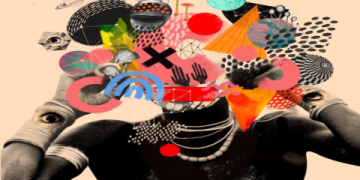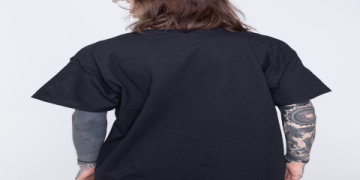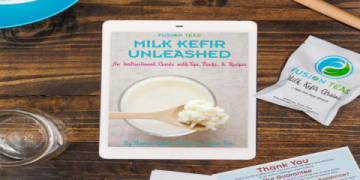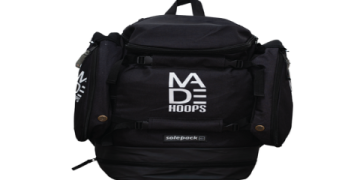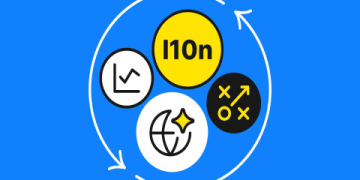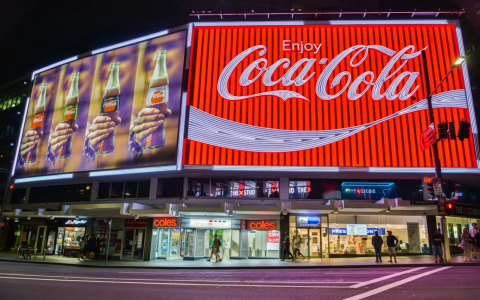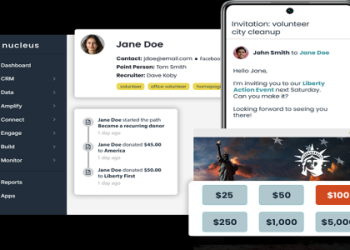Remember when recycling ads were just gloomy pictures of polar bears and overflowing landfills? Those guilt-trip tactics are officially extinct. Today, brands are flipping the script, turning aluminum cans into must-have fashion statements and used coffee cups into viral dance challenges. Welcome to the age where saving the planet is the ultimate flex.
Dove’s “Real Bottles” campaign set the tone. The beauty giant cast its post-consumer-recycled (PCR) bottles as runway models, complete with glossy close-ups and a soundtrack that could headline Coachella. Sales of the recycled range jumped 42 % in eight weeks, proving consumers will pay premium if the product looks premium. Meanwhile, Apple’s 90-second spot “iPhone Earth” stitched together user-generated slo-mo footage shot on cracked, second-hand devices, syncing repaired phones with repaired forests. The hashtag #PhoenixPhone trended worldwide, and trade-ins surged 300 %.
Gaming is joining the party. Nintendo’s limited-edition “Switch ReVive” console is molded entirely from e-waste plastics; each unit ships with a QR code that unlocks an exclusive Zelda side-quest where players clean up a virtual Hyrule. Pre-orders sold out in six minutes, scalpers included. Lego’s “Rebuild the World” pop-up in Copenhagen lets kids remix shredded bricks into augmented-reality creatures that pixelate across digital billboards. Result: 1.2 million adults volunteered to donate old sets, diverting 98 tons of ABS plastic from incineration.
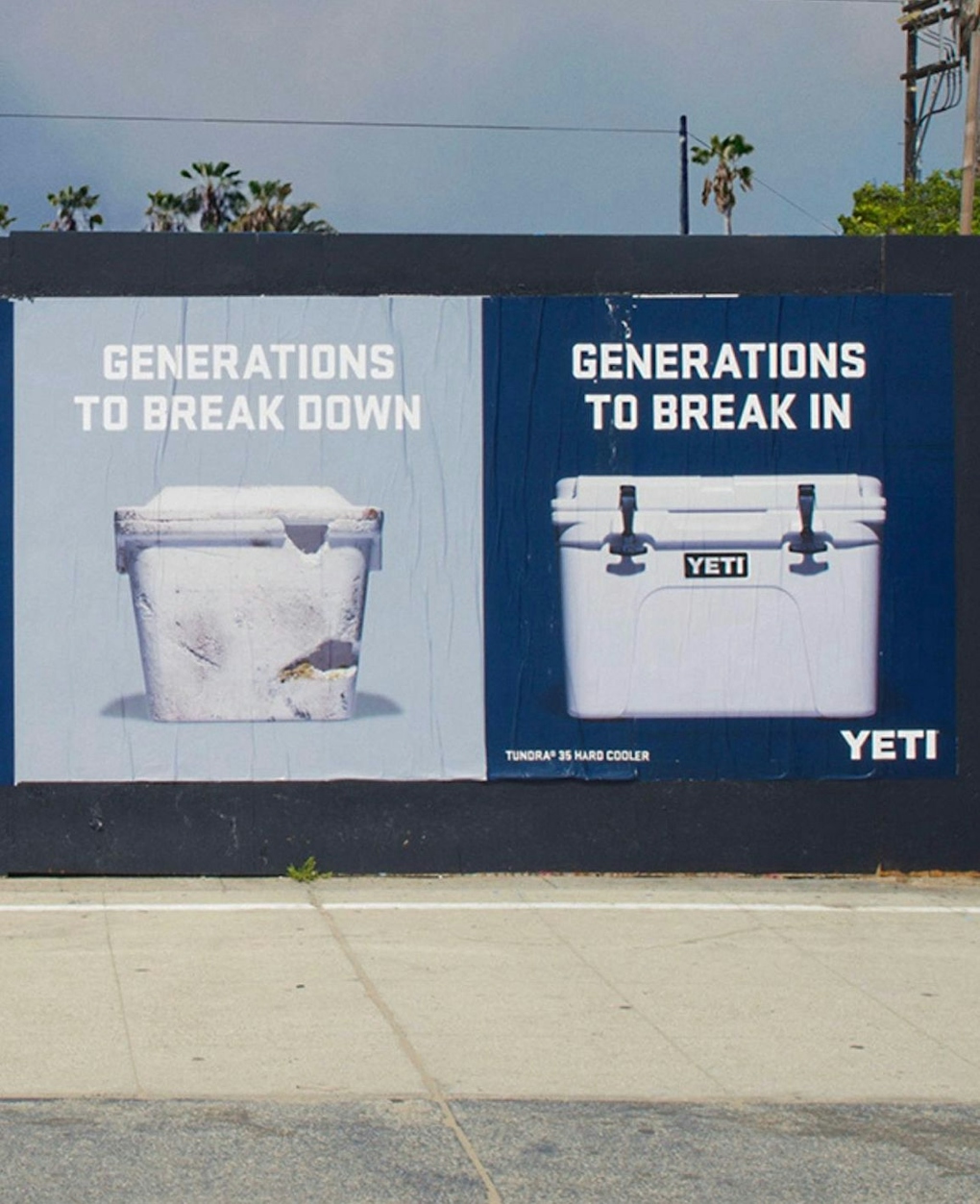
Even fast fashion, the usual sustainability villain, is getting a makeover. H&M’s “Trash-ure” app uses AI to scan your donation bag and instantly issue NFTs of future designs that will be made from those exact fibers. Hold the NFT for six months and you can swap it for the finished garment, now tagged with the story of your former T-shirt. Drop-off rates have tripled among Gen Z, and the resale value of the NFTs themselves is outperforming Ethereum.
The secret sauce isn’t blockchain or CGI; it’s emotional cashback. Every campaign turns the act of recycling into a status update, a collectible, a ticket to an exclusive tribe. Patagonia’s famous “Don’t Buy This Jacket” print ad now comes with an AR filter that lets wearers project live carbon-offset counters on their chests—perfect for TikTok flexing. The jacket sold out in 48 hours, but the filter has been used 22 million times, amplifying the message far beyond paid media.
Critics call it eco-capitalism dressed as activism, yet the numbers don’t lie: global PET bottle recycling rates ticked up 8 % last year for the first time since 2017, and municipal programs report a 35 % increase in correctly sorted waste in cities where these ads ran. When marketing makes people compete for the greenest selfie, landfill selfies disappear.
So next time you toss a can, check the label—there might be a hidden Easter egg, a secret skin, or a laser-scanned invitation to tomorrow’s drop party. Sustainability has become the world’s most addictive game, and recycling is the controller. Press start.




